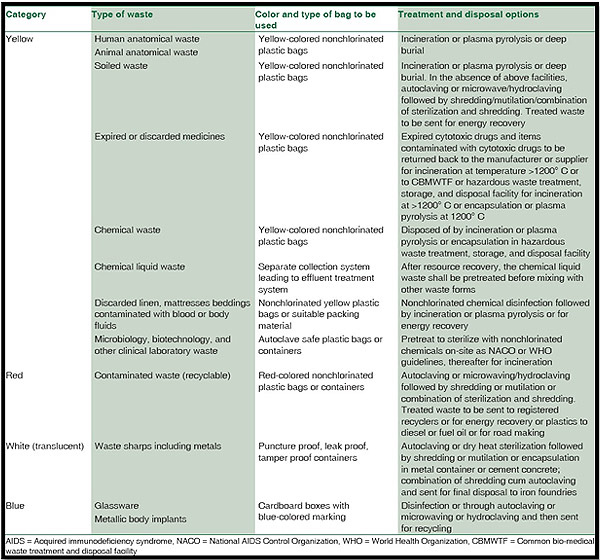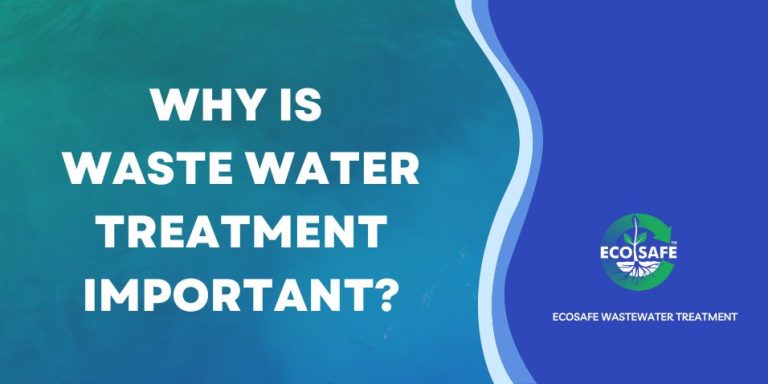The 9-Second Trick For Reclaim Waste
The Best Strategy To Use For Reclaim Waste
Table of ContentsReclaim Waste for BeginnersThe Of Reclaim WasteSee This Report on Reclaim WasteGet This Report on Reclaim WasteThe Of Reclaim WasteAll About Reclaim Waste

Never place hazardous materials down sinks, bathrooms or stormwater drains Compounds consisting of petroleum, grease, oil, chemicals and herbicides, and solvents such as paint pole dancers must not be put down sinks, commodes or stormwater drains. These compounds are difficult to get rid of in the sewage therapy procedure and cause air pollution problems in our local rivers.

Although liquid waste is a term that covers a wide variety of materials, there's a good reason why leaving its disposal to the experts is suggested. Fluid waste is non-solid material that has no more use and has to be treated and disposed of according to local, state and federal guidelines.
Some Ideas on Reclaim Waste You Need To Know
Although examples of liquid waste can include wastewater, fats, oils or grease, utilized oil, fluids, solids, gases or sludges and unsafe house liquids, there are some that are taken into consideration to be more dangerous than others when it involves the atmosphere and the health of pets and humans alike. It's consequently that each state and area have strict regulations connected to fluid waste monitoring.
Fluid waste can be kept in holding storage tanks or packaged in drums, intermediate bulk containers or approved tiny containers before either being dealt with or gotten rid of via outsourced vacuum trucks. Provided the nature of the materials, liquid waste can not enter the basic waste stream and there are strict policies on exactly how to get rid of it properly.
(https://disqus.com/by/reclaimwaste1/about/)Depending upon a decision of the level of threat, it may be necessary to remediate those websites. In addition, hazardous fluid chemical wastes are regulated waste and has to be tracked according to the state waste legislation. Under the chain of safekeeping and responsibilities, proprietors are responsible and liable for waste created by a service.
One of the core applications for superabsorbent polymers (SAPs) is fluid waste solidification. liquid waste removal. SAPs are utilized by waste management professionals to avoid potentially harmful fluids from getting in waterways, groundwater aquifers, and various other delicate atmospheres. Because fluids can rapidly transport contaminants into ecological receptors and potentially contribute to geotechnical failings, liquid wastes are nearly constantly forbidden from disposal in landfills
Not known Details About Reclaim Waste
Essentially, complimentary fluids are liquids that separate from the solid part of waste material. Liquid waste can include the following: HDD mud and cuttings Landfill leachate Wastewater treatment sludge & biosolids Dredged sediments Oil and gas drill cuttings Working out pond muck Hydro Excavation slurry Coal combustion residuals/ash Tank bottom sludge Concrete grinding/polishing slurry Related Short article: For a useful example of totally free liquids separating from waste product, take into consideration the following circumstance: A waste monitoring look these up service provider lots a dump vehicle with sludge from a wastewater therapy plant's oygenation basin, during a regular upkeep occasion.
Nonetheless, when the motorist gets to the garbage dump, he notices water leaching from the sludge and pouring from the dump truck. The load was turned down by the land fill and the driver was forced to deal with the waste as a fluid waste at a special center, which boosted the disposal fees tremendously.
The world is drowning in rubbish and we can not pay for to be untrustworthy anymore. We need to act and recycle whatever we can anywhere we can. We also need to be in charge of the correct disposal of our waste materials. It is not nearly enough that we pay garbage disposal firms to care for our rubbish.
The 15-Second Trick For Reclaim Waste

Segregating your waste can start inside the home. Segregate completely dry and liquid waste as well as edible waste, naturally degradable and non-biodegradable materials.
Layer the bottom with soil to soak up the wet waste. Layer the garden compost with damp and completely dry waste as well as dirt to maintain a balance in between the wet and the completely dry.
All About Reclaim Waste
Cover the compost bin. Once a week, add soil on top of the compost. To help with faster decay, you can likewise include semi composted dirt to the garden compost. Maintain the compost. If you discover the odor is ending up being also strong, add extra papers and paper waste or include even more holes to the compost container to keep the equilibrium of the waste materials.
The world is sinking in rubbish and we can not pay for to be untrustworthy any longer. We need to do something about it and recycle whatever we can anywhere we can. We additionally require to be in charge of the appropriate disposal of our waste materials. It is not nearly enough that we pay garbage disposal business to care for our rubbish.
Our waste, our obligation. Have you ever before wondered what takes place to your liquid waste after it's accumulated? Did you know that fluid waste can be recycled?
Reclaim Waste Fundamentals Explained
Segregating your waste can start inside the home. Segregate dry and liquid waste as well as edible waste, naturally degradable and non-biodegradable materials.
Layer the bottom with soil to absorb the damp waste - liquid waste removal. Layer the compost with wet and completely dry waste as well as dirt to preserve a balance between the wet and the dry.
Cover the garden compost container. When a week, add soil in addition to the garden compost. To facilitate faster decomposition, you can additionally include semi composted soil to the compost. Maintain the compost. If you notice the smell is becoming too solid, include added newspapers and paper waste or add even more holes to the compost container to keep the equilibrium of the waste materials.